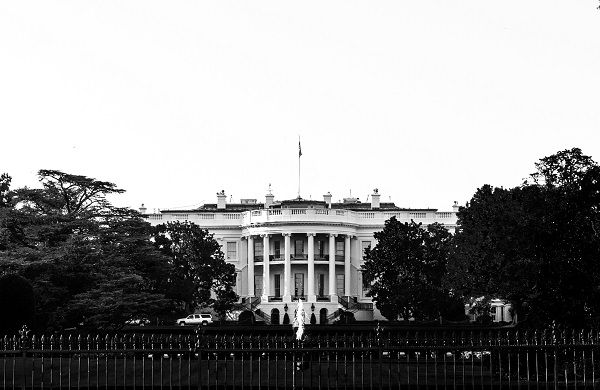Reflecting on and Teaching About the Events of Jan. 6
- Kelly Carmichael Booz

- Jan 7, 2021
- 2 min read

Discussing the Events of Jan 6 with Students
Yesterday was a sad day for our country and for our democracy. Shortly out of college, I worked on Capitol Hill roaming the same halls captured in the photos by the domestic terrorists who stormed the Capitol. Later, I taught civics for the Close Up Foundation, bringing middle and high school students from across the country to Capitol Hill weekly to meet with their representatives. During our walking workshops, we would explore the Senate and House office buildings, finding quiet and peaceful hallways to discuss checks and balances, separation of powers, and the rule of law. Twice, I've worked a Close Up presidential inauguration where we could discuss the peaceful transfer of power, even if students didn't agree with the election outcome.
Watching the events of Jan 6 unfold on Capitol Hill was devastating, and there is a lot to unpack. From the erosion of the democratic principles we stand for—such as those same constitutional principles that I taught to so many students—to a complete penetration of the pro-Trump mob in the Capitol Building. One can only imagine the response had the mob been black or brown instead of white.

Resources for Discussing Insurrection at the U.S. Capitol
But even before we unpack and reflect on the events of Jan 6, we need to make sure our students are OK. Since yesterday afternoon, the AFT Share My Lesson team has been updating our content to help you talk with your students and community with resources on:
Supporting social and emotional needs of your students;
Facilitating meaningful discussions; and
Understading and unpacking unprecedented historical events.
First, my colleague Lisa Thomas put together an excellent blog with strategies on how to talk to your students about yesterday’s events. She helps us think through some useful, constructive ways to help students make sense of and navigate unprecedented historical events in their lifetime.
Second, this Today's News, Tomorrow's Lesson via PBS NewsHour Extra, provides three ways to discuss the insurrection at the Capitol, including a media literacy response comparing the law enforcement response to Black Lives Matter protests versus the mob at the Capitol.
Third, we are continuing to update our Foundations of Democracy resources with content from many of our great partners and SML members. We have content to discuss the events from yesterday, the Electoral College, the peaceful transition of power, how democracy is supposed to work and how representation of all citizens needs to be a priority.
So where do we go from here? We must use yesterday’s events as a temperature check on the work that must be done. Educators, as we all know and love, are collaborative by nature. We will continue to update Share My Lesson with the latest resources and will depend on you to share your thoughts and resources with us as well. Teachers are essential defenders of democracy and help prepare future generations to be civically active and inclusive.
Read more on engaging with students in civil discourse about the events of Jan 6 with this resource





Comments